Gene editing DNA deletion sizes reduced with new fusion method developed at WFIRM
Scienmag
MAY 2, 2022
WINSTON-SALEM, NC – May 2, 2022 — Wake Forest Institute for Regenerative Medicine (WFIRM) scientists working on CRISPR/Cas9-mediated gene editing technology have developed a method to increase efficiency of editing while minimizing DNA deletion sizes, a key step toward developing gene editing therapies to treat genetic diseases.



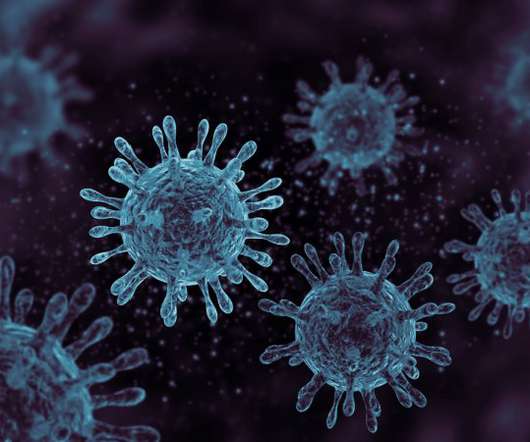
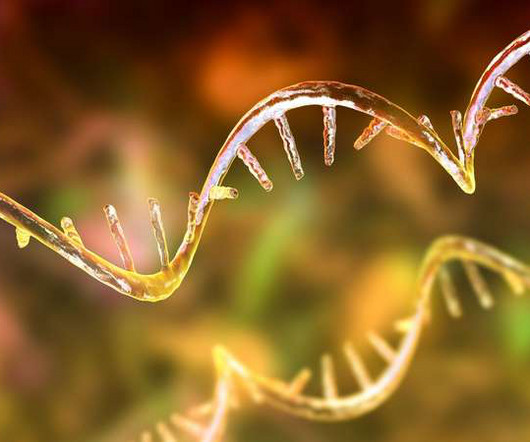
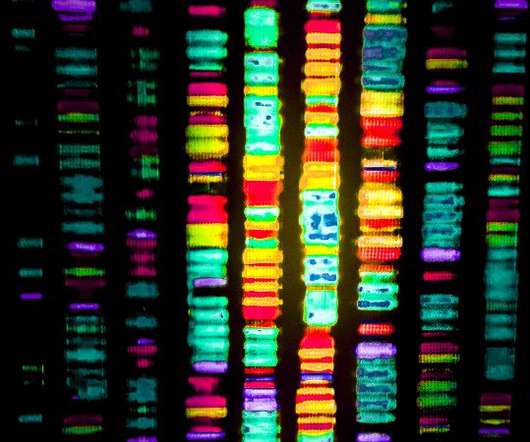
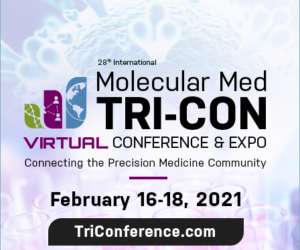

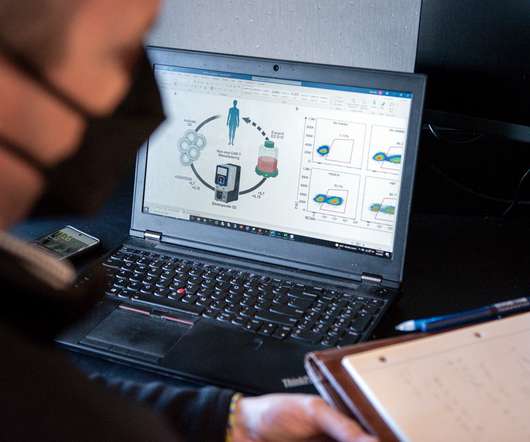


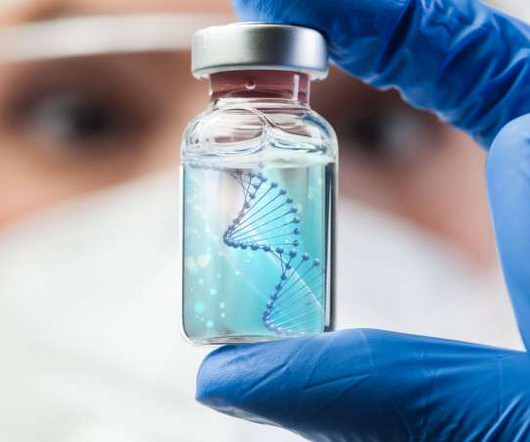







Let's personalize your content